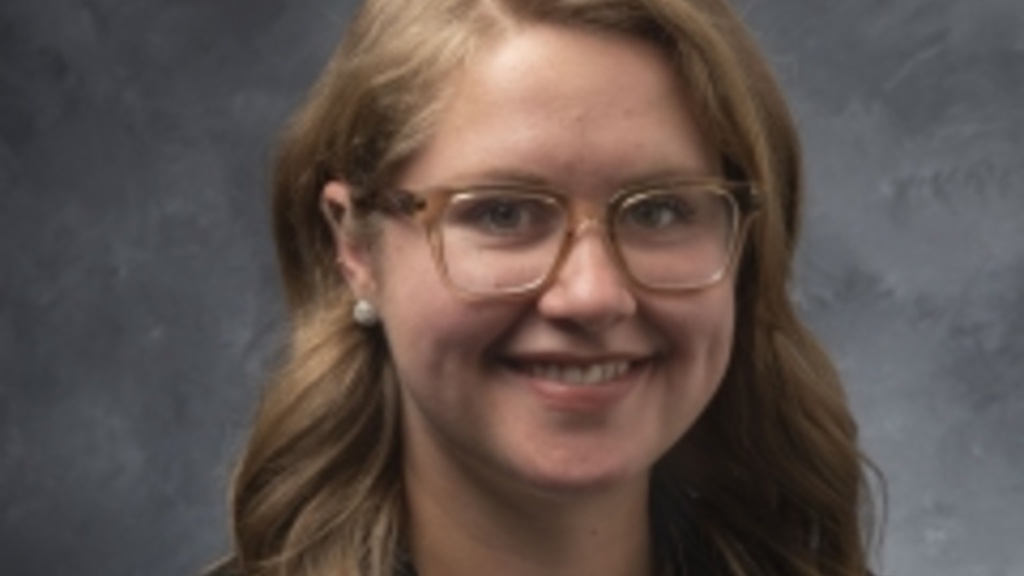Main navigation

CLAS Grant Support Office welcomes Kimberly Gray
Monday, October 13, 2025
Kimberly Gray joins CLAS as post-award grant manager for Physics and Astronomy, the college’s leading department in external research funding.

Meet four CLAS researchers and artists
Monday, October 13, 2025
Learn more about the exciting work of the following College of Liberal Arts and Sciences researchers and artists.

CLAS Iowa Science Academy launches new tracks to enhance student success
Monday, October 13, 2025
Under the direction of professor and ISA Director, Lori Adams, the programs provide students with opportunities to conduct hands-on research, scientific outreach, and other relevant professional development.

Meet CLAS alumnus David Schwebel, Iowa’s new Vice President for Research
Monday, October 13, 2025
Schwebel talks with CLAS Associate Dean Joshua Weiner about the future of research at Iowa and his love for Iowa City.

CLAS Computer Science professor awarded $1.2 million to unify how researchers share and reuse proofs
Saturday, October 11, 2025

CLAS researcher wins grant to develop new telescope to better navigate solar system
Monday, October 6, 2025
University of Iowa researcher Jacob Payne has received a NASA grant to develop a compact X-ray telescope that uses millisecond pulsars to improve spacecraft navigation across the solar system. The project aims to enhance deep-space tracking capabilities while supporting NASA’s push for smaller, specialized satellites.

Latest updates to CLAS facilities bring fresh look as 2025-26 academic year begins
Thursday, August 28, 2025
Across campus, construction crews have been working all summer to construct new facilities and update old ones, providing a fresh new look before the upcoming academic year.

HSHP prepares to open new Exercise Oncology Clinic that aims to improve health outcomes for cancer patients and survivors
Monday, August 25, 2025
HSHP assistant professor Jessica Gorzelitz will oversee the nearly $650,000 project funded through the University of Iowa’s P3 initiative.

CLAS physics and astronomy Edge of Space Academy offers hands-on research experience
Monday, August 18, 2025
Sixteen undergraduate students from across the country gathered for the 2025 Edge of Space Academy, an immersive, hands-on research experience focused on space-based instrumentation for observing Earth and space.

CLAS researchers celebrate TRACERS launch
Monday, July 28, 2025
Dozens of scientists from the University of Iowa traveled to Lompoc, California, to joyfully witness the successful rocket launch associated with TRACERS — the NASA-funded mission to study the mysterious, powerful interactions between the magnetic fields of the sun and Earth.
Pagination